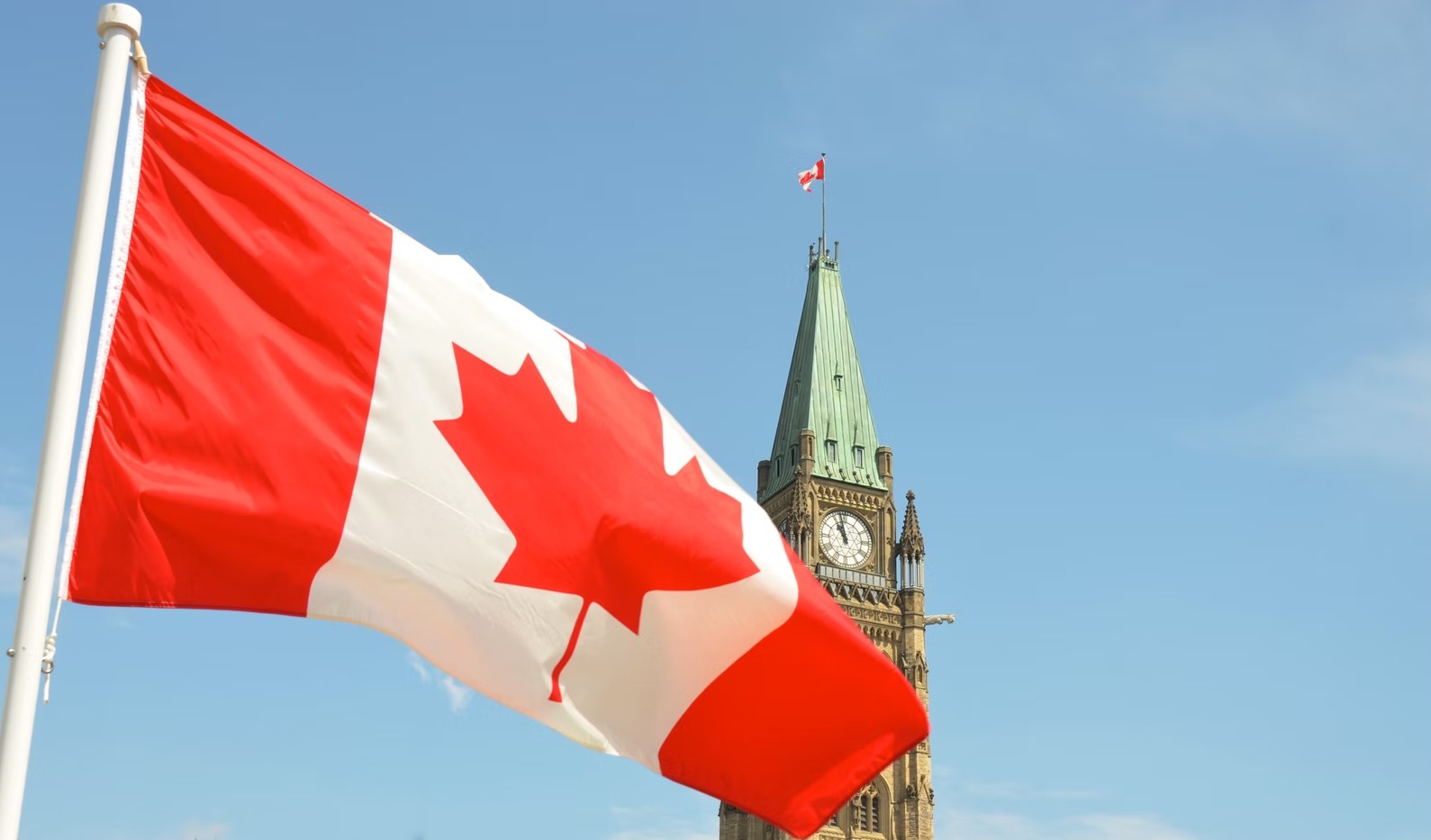You are here
Home 🌿 Marijuana Politics 🌿 FOIA suit uncovers true CBP policy regarding immigration admissibility of individuals connected to legal foreign cannabis industry 🌿FOIA suit uncovers true CBP policy regarding immigration admissibility of individuals connected to legal foreign cannabis industry

It took years, but DWT's cannabis group prevailed in obtaining U.S. Customs and Border Protection's (CBP) policy on the admissibility of non-citizens with ties to legal foreign cannabis businesses.
Following the 2018 legalization of recreational cannabis in Canada, DWT began tracking media reports that CBP was imposing lifetime bans on foreign nationals from entering the United States based on their involvement in Canada's legal cannabis industry. Doubling down on the agency's claimed right to do so, Todd Owen, a senior CBP official, told the press in September 2018: "If you work for the industry, that is grounds for inadmissibility."
In effect, this meant that anyone connected to the legal cannabis industry in Canada—including many DWT clients—risked a lifetime ban for seeking entry into the United States for which a lengthy, uncertain waiver application might be the only solution. As clients may have concerns about the risk of retribution in seeking information about this policy directly, we set out to find answers on our own.
DWT doubted that the agency's position had any basis in law or that the agency was using its enforcement powers in a permissible way. Agencies like CBP lack the authority to make new law or issue decisions regarding the official U.S. response to changes in foreign law.
Moreover, when interpreting existing law to carry out an agency's duties, the agency must follow formal procedures to make enforceable rules. Based on our review of the relevant regulations, it did not appear that CBP had engaged in the rule-making process or published any interpretation of federal law to support the restrictive policy it was publicizing (and threatening to enforce) at the border.
To protect our clients from over-aggressive and potentially unlawful enforcement actions, and appropriately advise them on crossing the U.S.-Canada border, we submitted a Freedom of Information Act (FOIA) request seeking "[a]ll records related to policies or guidance … that would permit CBP to find inadmissible foreign nationals … who are employed by or invest in foreign cannabis businesses which operate in full compliance with local domestic law."
When CBP failed to respond as required, we brought suit in March 2019. Three years of litigation ensued, as the agency continued to delay and only initially produced a small number of documents—improperly redacting and withholding relevant documents under purported exemptions.
Following a successful summary judgment motion, where the court found that CBP's justifications were inadequate, the parties entered discussions and DWT ultimately persuaded the agency to re-review the documents it provided. CBP recently produced a significant number of relevant documents and agreed to un-redact key portions of its internal Information Guide concerning "Legalization of Marijuana in Canada."
The guide revealed that Owen's statements to the press on CBP policy were both inaccurate and unsupported by CBP's own analysis. Instead, CBP's internal guidance acknowledges that foreign nationals who work in legal foreign cannabis industries are not inadmissible and should not receive a lifetime ban for attempting entry, assuming their visit to the United States is unrelated to domestic or cross-border cannabis operations.
Based on the ongoing federal treatment of cannabis as a controlled substance in the United States, however, a foreigner "entering the United States to engage in the marijuana business" is still considered inadmissible—even where a state regime authorizes that business. This includes any action that CBP deems is considered to "assist in the illicit trafficking of a controlled substance," which can involve working for a state-legal cannabis employer in many capacities, even as an accountant or nanny.
Because CBP's guidance asserts that it "may be appropriate" for CBP officers to question those involved in the Canadian cannabis trade "regarding the purpose and intent of their visit to the United States," it appears that visitors can expect extensive examination about the intent of the visit. Accordingly, individuals associated with the cannabis trade are advised to seek legal guidance before attempting admission for any potentially related purposes, as the risk of a lifetime ban still—unfortunately—looms large given the broad latitude provided to border officers.
420 Intel is Your Source for Marijuana News
420 Intel Canada is your leading news source for the Canadian cannabis industry. Get the latest updates on Canadian cannabis stocks and developments on how Canada continues to be a major player in the worldwide recreational and medical cannabis industry.
420 Intel Canada is the Canadian Industry news outlet that will keep you updated on how these Canadian developments in recreational and medical marijuana will impact the country and the world. Our commitment is to bring you the most important cannabis news stories from across Canada every day of the week.
Marijuana industry news is a constant endeavor with new developments each day. For marijuana news across the True North, 420 Intel Canada promises to bring you quality, Canadian, cannabis industry news.
You can get 420 Intel news delivered directly to your inbox by signing up for our daily marijuana news, ensuring you’re always kept up to date on the ever-changing cannabis industry. To stay even better informed about marijuana legalization news follow us on Twitter, Facebook and LinkedIn.




